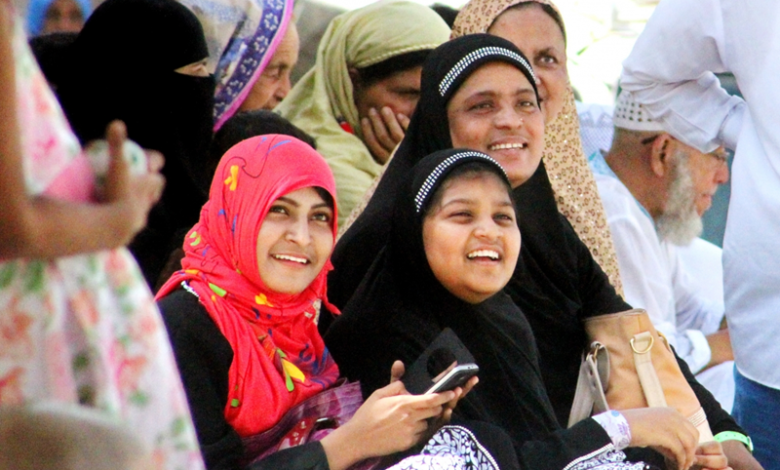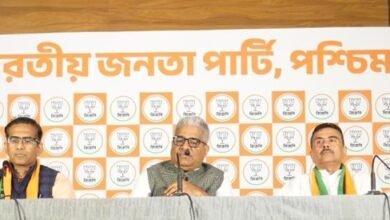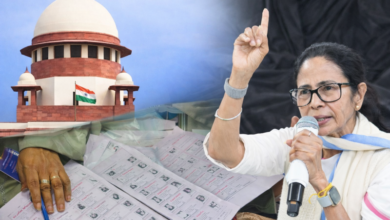Supreme Court Confirms Maintenance Rights for Muslim Women Under Section 125 CrPC

News Mania Desk/Agnibeena Ghosh/11th July 2024
On Wednesday, the Supreme Court of India issued a landmark ruling affirming that Muslim women are entitled to seek maintenance from their husbands under Section 125 of the Code of Criminal Procedure (CrPC). This provision is universally applicable to all married women, regardless of their religion.
The apex court’s decision emphasized that Section 125 of the CrPC, which addresses the legal right to maintenance, is “religion neutral” and encompasses Muslim women. The ruling was delivered by a bench comprising Justices BV Nagarathna and Augustine George Masih, who issued separate but concurring verdicts. Justice Nagarathna stated, “We are hereby dismissing the criminal appeal with the major conclusion that Section 125 would be applicable to all women and not just married women.” This pronouncement reinforces the principle that maintenance is a fundamental right for married women and should not be viewed as a form of charity.
The case involved an appeal by Mohd Abdul Samad, who challenged the Telangana High Court’s decision not to interfere with a family court’s maintenance order. Samad argued that a divorced Muslim woman is not entitled to maintenance under Section 125 of the CrPC and should instead rely on the provisions of the Muslim Women (Protection of Rights on Divorce) Act, 1986. However, the Supreme Court dismissed his petition, thereby affirming the applicability of Section 125 CrPC to Muslim women.
This ruling underscores the court’s commitment to upholding the rights of women across all religious communities. By confirming that Section 125 CrPC applies to Muslim women, the Supreme Court has reinforced the notion that maintenance is a right and not an act of benevolence. This decision ensures that all married women, irrespective of their religious background, have access to legal recourse for maintenance, promoting gender equality and justice.
The significance of this ruling extends beyond the immediate case. It sets a precedent that can influence future legal interpretations and policies regarding the rights of married women in India. The court’s assertion that maintenance is a legal right aligns with broader efforts to empower women and safeguard their economic security after marriage.
Justice Nagarathna’s remarks highlight the broader implications of the ruling: “Maintenance is not charity but the right of married women, and it is applicable to all married women irrespective of their religion.” This statement encapsulates the essence of the verdict, reinforcing the idea that legal provisions for maintenance should transcend religious boundaries to ensure fair and equitable treatment for all women.
The dismissal of Samad’s petition is a reaffirmation of the Telangana High Court’s stance, which had upheld the family court’s order for maintenance. This continuity in judicial decisions emphasizes the judiciary’s role in protecting the rights of women and ensuring that legal remedies are accessible to all, regardless of religious affiliation.
In conclusion, the Supreme Court’s ruling marks a significant step towards gender equality in India. By affirming that Muslim women can seek maintenance under Section 125 CrPC, the court has ensured that the legal framework supports all married women in securing their right to maintenance. This decision not only upholds the principles of justice and fairness but also strengthens the legal protections available to women across diverse religious backgrounds.






